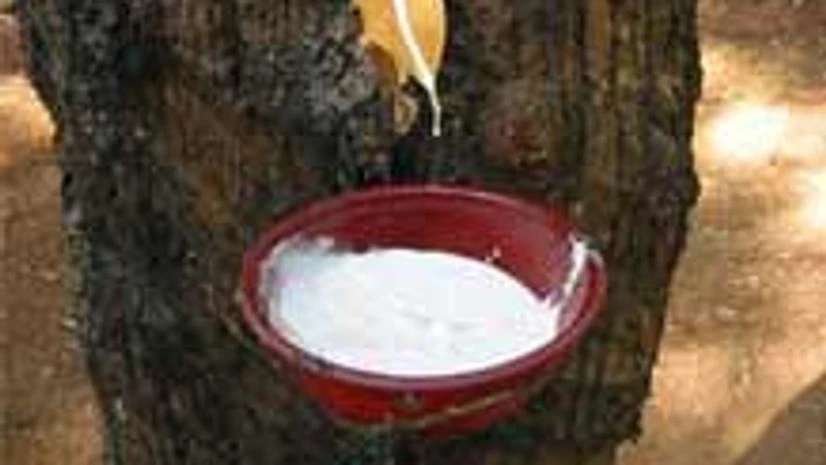The military-led government, which has been in power since May, has ruled out the sort of interventionist schemes used by previous administrations, which are costly and have led to a build-up in stockpiles that have proved hard to sell this year. However, Pridiyathorn said the State Agricultural Bank would provide a fund of around 20 billion baht to the Rubber Estate Organisation (REO) to buy rubber from the market for resale. A further 10 billion baht would be given to rubber cooperatives to buy rubber from farmers and then sell it to the REO. Soft loans will also be made available to rubber companies and farmers with smallholdings.
The government's announcement had not impressed rubber growers much and farmers' leaders said the policies would do little to support the market. The Deputy Prime Minister, who oversees economic issues, told reporters the measures, including subsidies to farmers and some buying in the market by a state body, would have to be approved by cabinet next week.
"We believe they will increase rubber prices within the next couple of months so they do not fall below 60 baht per kg," he said.
In the Thai market, natural rubber was quoted at 48 baht per kg last week. Thailand is the world's biggest producer and exporter of rubber. It produced 4.2 million tonnes in 2013, of which around 86 percent was exported. Soft loans to help rubber companies and cooperatives were announced last month after farmers had threatened to stage protests because of the collapse in prices and a lack of government aid. Rubber farmers took to the streets earlier this year, joining in the demonstrations that undermined former Prime Minister Yingluck Shinawatra, whose government was finally ousted by the military in May, agencies reported.

)
